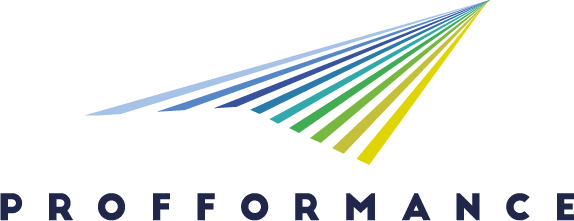3-2-1 ACCESS
3 universities – 2 continents – 1 classroom: Designing accessible business start-up companies through an online international multidisciplinary collaboration project
- 04 – Business, administration and law
2. Innovative teaching and learning
- Student partnerships/engagement in the teaching and learning practice
- Online and offline cooperative and collaborative work – developing engaging dynamics in the learning process
- Innovative multidisciplinary projects for students from different faculties
- Entrepreneurship projects, work-based learning
- Simulation techniques: games, play and role-play – simulation-based learning techniques
In this international multi-disciplinary collaboration project, students of the three universities came from different disciplines and academic backgrounds. Students in Hungary were business administration and management majors, US students from Michigan were majoring in IT and writing studies, while US students from Washington were studying disability methods and theory. Hungarian students worked in small groups on a start-up idea, created a start-up brochure, and developed a complete business plan for their venture. US-Michigan student groups got the assignment of creating websites for the proposed start-ups. The US-Washington groups worked as accessibility advisors to the other two cohorts and were responsible for the accessibility of the businesses and the websites. The student teams collaborated both asynchronously and synchronously during the project. At the end of the 8-weeks, students presented their business start-up idea, the website, and highlighted the accessible aspects of both the website and their planned business operation. The innovative aspect of the project lies in fostering 1) multi-disciplinary, peer-to-peer learning, 2) international collaboration and cross-cultural communication, 3) the importance of inclusive businesses, 4) development of transferable skills including digital literacy.
Methodology
Tools, equipment, technology used
Outcomes and outputs, main results
Lessons learnt
Adaptability and sustainability of the best practice (for other institutions)
Promotion of best practice
Scope and impact
- Course/department level
- Faculty level
- Institutional level
- Cross-institutional level
- National level
- EU/EHEA/International level
6.1 Digitalization
- Outstanding, innovative, excellent practices of online / blended / hybrid learning
- Innovative, novel methodology in using digital tools/devices in teaching
- Digital skills development and assessment both general and profession-related, embedded in course design, in teaching and assessment
- Other:
Raising awareness of the importance of using accessible digital platforms and tools
Reasoning: The project builds on the affordances of virtual exchange to raise awareness of the accessibility of digital platforms, solutions and tools. Students majoring in business are given the opportunity to learn about accessible technologies, like screen reading software, text-to-speech systems, and other assistive technology. Students understand the importance of the application of assistive technology in their own disciplines and professional practice.
6.2 Internationalization
- Outstanding practices of international online collaborative learning
- Developing students' multicultural awareness
- Students engagement in international projects
- Courses implemented in international cooperation (projects, co-teaching, virtual/blended mobility, etc.)
- Courses offered to international multicultural students both online and offline
Reasoning: The project presents an example for international online collaborative learning, where students work in the virtual space across countries, institutional, disciplinary and cultural boundaries. While working together, students design businesses that could operate in a global business environment, simulate an international client-provider relationship, target their websites to a multicultural audience, and learn how to work in global virtual teams.
6.3 Inclusion and diversity, universal design
- (Innovative) use of devices and tools for inclusion
- Senzitivizing students to consider special needs when practicing their profession
- Course includes hints on how the services/products of the profession could be universally designed/inclusive
Reasoning: US-Washington student groups act as accessibility consultants and advise Hungarian students on how to make the services and products of their planned start-up businesses inclusive to customers with disabilities. They also help plan and design an accessible work environment for the employees. All accessibiliy actions and guidelines are summarized in a chapter of the business plan. They also help US-Michigan teams create accessible websites, run accessibility tests and report on the results.
6.4 Sustainability
- Social entrepreneurship projects, service-learning in the topic
Reasoning: Sustainability issues are considered by the students when designing their start-up business ideas. Very often their start-ups contribute to sustainability goals (e.g. poverty, health and wellbeing, climate change, education) or provide solutions that address social issues (e.g. obesity, food waste). For example, a start-up idea was to organize educational programmes for school children on healthy eating promoting produce of local farmers and actions to reduce food waste.

